I get more messages and questions on this subject than any other. People always want to know how a pro practices, what their mental game is and how to handle nerves. I can personally tell you that I shot more than I ever have this past season, but it turned out to be the longest and worst year that I have had as a pro. Due to this, it was an extremely mentally draining year and my confidence suffered. Notice that I said that I shot more and not that I practiced more. There is a HUGE difference between shooting and practicing. Your mental game isn’t only something that you use in tournaments; it is also something that you use in practice.

To start, what exactly is practice? I have said many times that golf and archery are eerily similar when it comes to practicing and the mental game. I can stand on the driving range and hit a thousand golf balls every day, but is that going to make me Tiger Woods? Definitely not. The same is said with shooting a bow. If I go and shoot a thousand arrows in a day I could just end up with a sore back and a headache from frustration, while not actually making any headway.
Practice is where you are deliberate in your actions to make progress. You can shoot a thousand arrows in a day, or you can focus and practice fifty shots and make more improvement in doing that than just shooting. Before you go out to practice, figure out exactly what you are going to focus on. It could be anything; front hand position, balance in the shot, sight picture, consistent anchor, hip alignment and the list goes on. Deliberate practice will make you a far better archer than just spending hours shooting ever will. The old adage “practice doesn’t make perfect, perfect practice makes perfect” really does hold true. Set goals and a plan out before each practice. Work on a weakness until it becomes a strength, then start over with working on your next weakness.
The mental game is by far the most important part of archery. Of that, confidence is the biggest factor between success and defeat. Connor McGregor, to me, is just one of the people that I really enjoy listening to, and not only because of his accent, but because of his confidence. My favorite quote of his is, “All that matters is how you see yourself. If you see yourself as the king, with all the belts and everything, and no matter what no one else says, as long as you see that, and really believe in it, then that’s what’s going to happen.”
In your mind, you can’t think that any other person is better than you. The moment you think that, or that you can’t win, that is the moment that you have lost. The only competition you should have is yourself. It is easier said than done, but you have to try and stay within yourself and just try to execute to the best of your ability. Sometimes that is enough, and sometimes it won’t be. This is something that my brother and I have talked about extensively.
One hot button issue is target panic. Target panic is absolutely just a mental game malfunction. There are different versions of this: locking up on the target and not being able to fire the release, locking up off of the target, and then there is the most common type which is where the shooter feels the need to punch the release as soon as the pin crosses the intended target. So mentally how do you get over this? When I personally had it when I was younger, I actually shot fingers for a few months. For me that worked. Another option is to purchase a hydraulic release. I definitely recommend this option as a training aid and not something to use in tournaments for the simple fact that there is a lack of control that I want to have in tournaments. My last solution is actually my favorite option that I will start doing if I get to where I am pin watching. I will just pull the pin out of my scope and worry more about focusing on my spot and executing my shot. This helps the shooter get back to being comfortable with just focusing on the spot rather than worrying about where the pin is. Just remember that it just takes time, effort and the right practice to work your way through it.
A mental game doesn’t develop overnight. It is worked on through experience and practice. Nathan Brooks has written about the first time he won Indoor Nationals. Nathan said that he would sit at his desk at work, and even at home, and try to visualize every possible scenario. From the atmosphere to how the shot would feel and how the arrow would hit the target. Nathan was mentally preparing himself for the tournament, practicing without even having his bow in his hand. If you watch golf, you will see Australian Jason Day stand behind the ball and visualize every shot before he even hits the ball. That’s why he is a major champion and a former world number one in his sport. If you have just visualized yourself hitting that #extramiddle X or double lunging that 180” deer at 40 yards, your confidence is going to be higher and your chances of success is a lot better.
The biggest advantage of practicing the mental game is how it helps you when you are handling the nerves of a tournament or dealing with buck fever. SO how do you get rid of nerves? The simple answer is that you don’t. Nerves are just a spike in adrenaline. That’s all it is. If you don’t get nervous then you didn’t want whatever you were going for. If you want to win or make a good ethical shot on that buck, you are going to get nervous. You have to use that to your advantage. Use that adrenaline to make a stronger shot.
What makes the shot at that deer, or that shot to win Vegas any different from any shot you have made in practice? The answer is absolutely nothing. When talking about hitting that clutch game winner, Kobe Bryant, in his book The Mamba Mentality: How I Play, says, “If you make a thousand shots a day, it’s just one of a thousand. Once you’re hitting that man, what’s one more?” You have hit that shot so many times in practice, in your visualization as you prepared that doing it once more in competition really isn’t all that different.
Some people tend to try and focus the entire time they are in the middle of a round. That will just mentally drain you. In reality, you should only be focused when you are on the line or when you are drawn back waiting on that perfect shot for your animal. What’s Easier: focusing for the two minutes you are on the line, or focusing for three hours? Talking with my brother, he says that when he won Indoor Nationals he wasn’t really thinking about the shoot. He was thinking about everything but the shoot, joking around for a laugh until he stepped up to the line. At the line is the only time he really focused on the shot. The more time you spend dwelling on the moment, the more chances you give for letting doubt slip in and your confidence will wane.
Deliberate practice in not only shooting, but also in the mental game is how you find success in this sport. I shot a ton this past season, but I hardly ever spent time deliberately practicing. You always have to be working on your weaknesses and know when you need to put in more effort. I know now in hindsight what my issues were, and I pay a lot more attention to what they are now, and that’s what this offseason has been dedicated to; fixing my weaknesses. I wake up every day at 5 in the morning and go to the gym, go home to get cleaned up for work, and then when I am done with work, I go home and shoot before getting in a HIIT workout and meal prepping for the next day. Setting a routine and sticking to it is the way to success, and I believe that with everything that I have. Below are some books that I recommend either reading, or just listening to the audiobooks, that have helped me progress in the last few months and build my confidence to levels that it has to be to be able to compete.
Recommended Reading:
- Grit: The Power of Passion and Perseverance by Angela Duckworth
- The Mamba Mentality: How I Play by Kobe Bryant
- Relentless: From Good, to Better, to Great by Tim Grover (coach for MJ, Dwayne Wade and Kobe Bryant)
- The Champion’s Mind: How Great Athletes Think, Train and Thrive by Jim Afremow


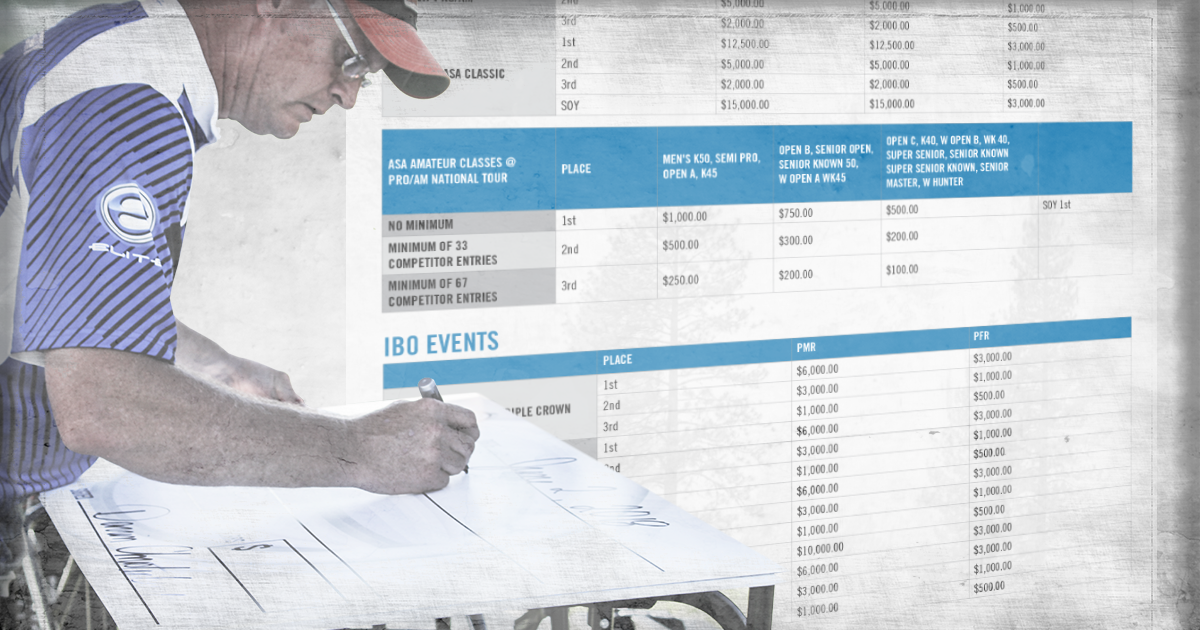
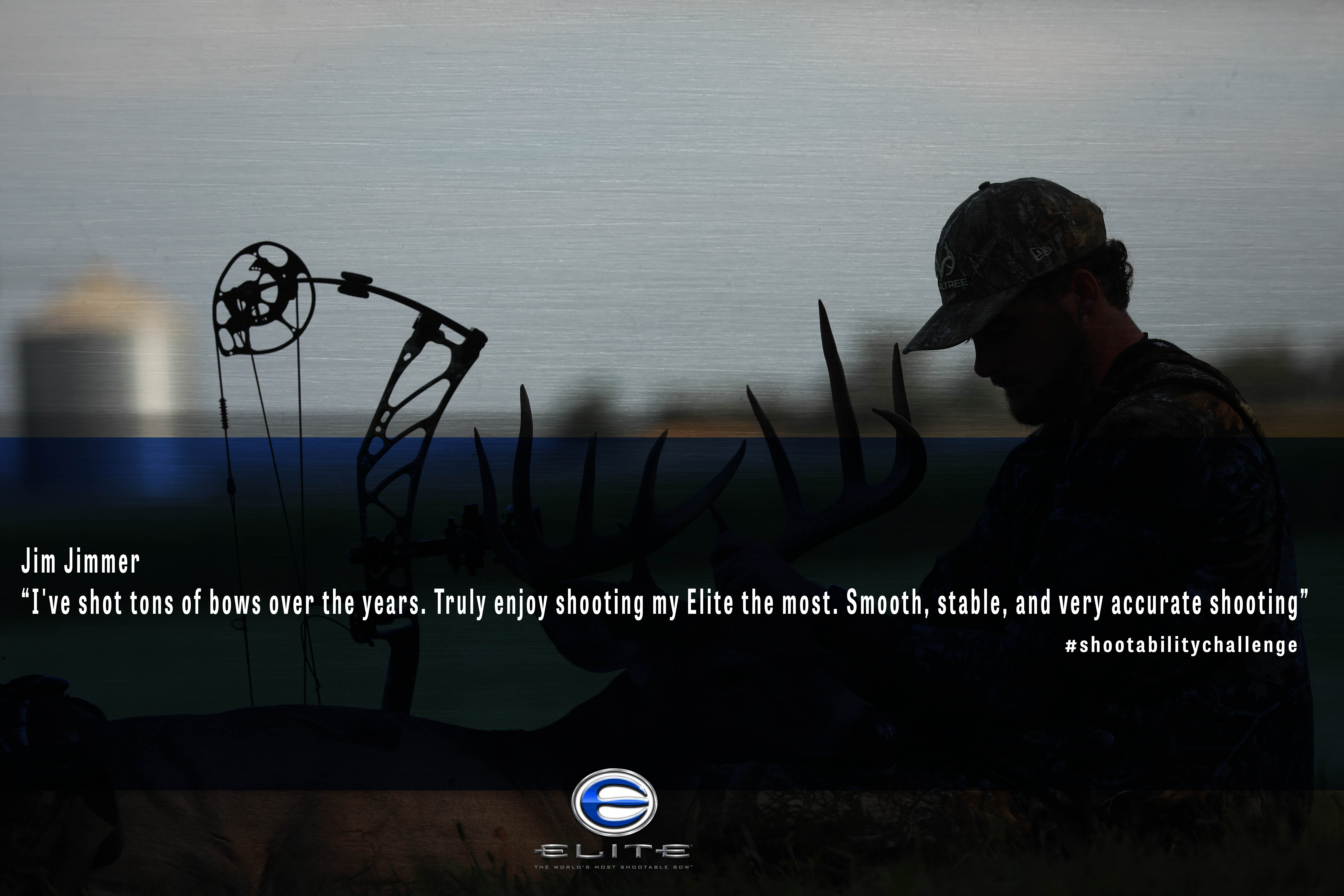
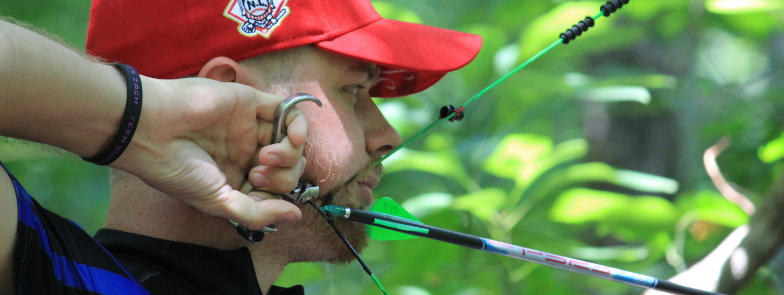
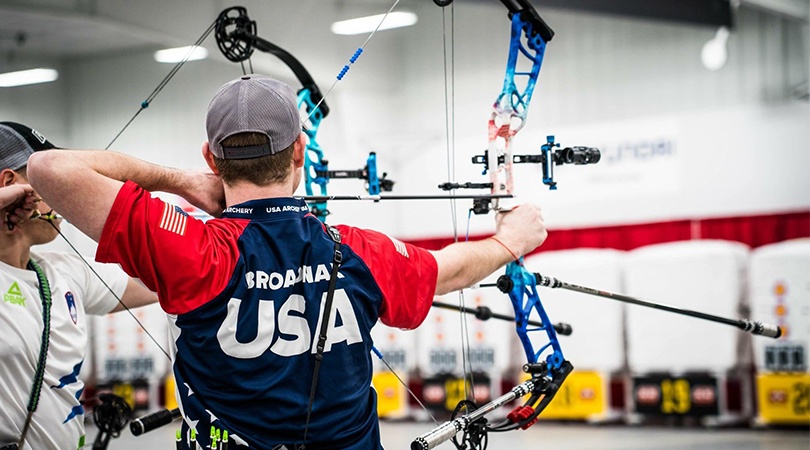
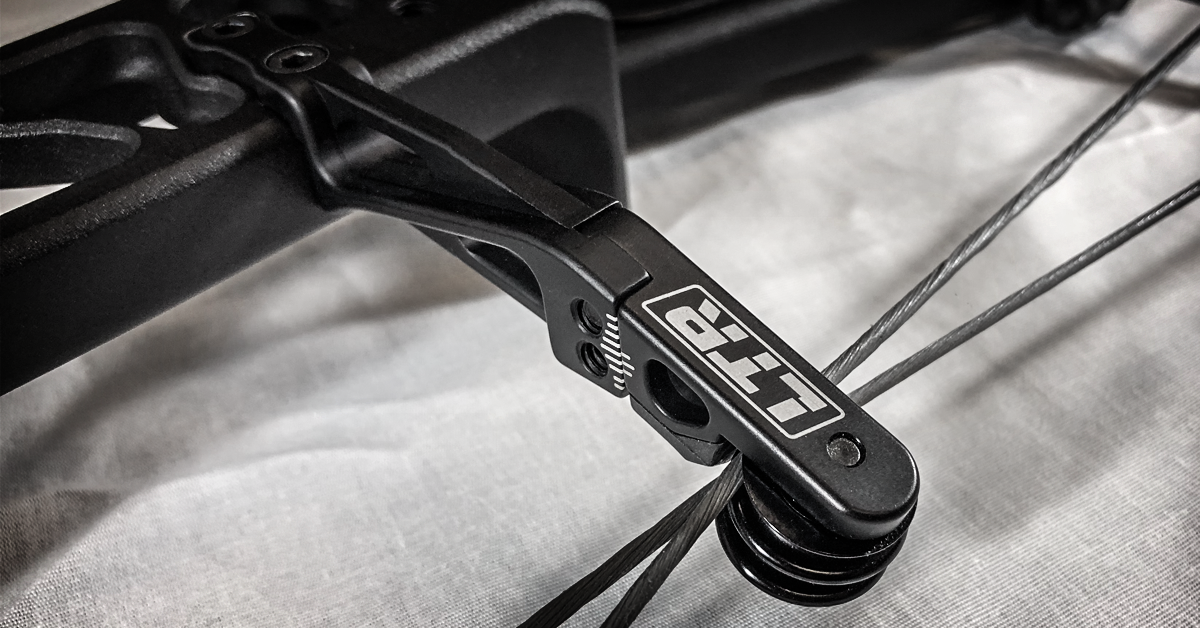

.png)
